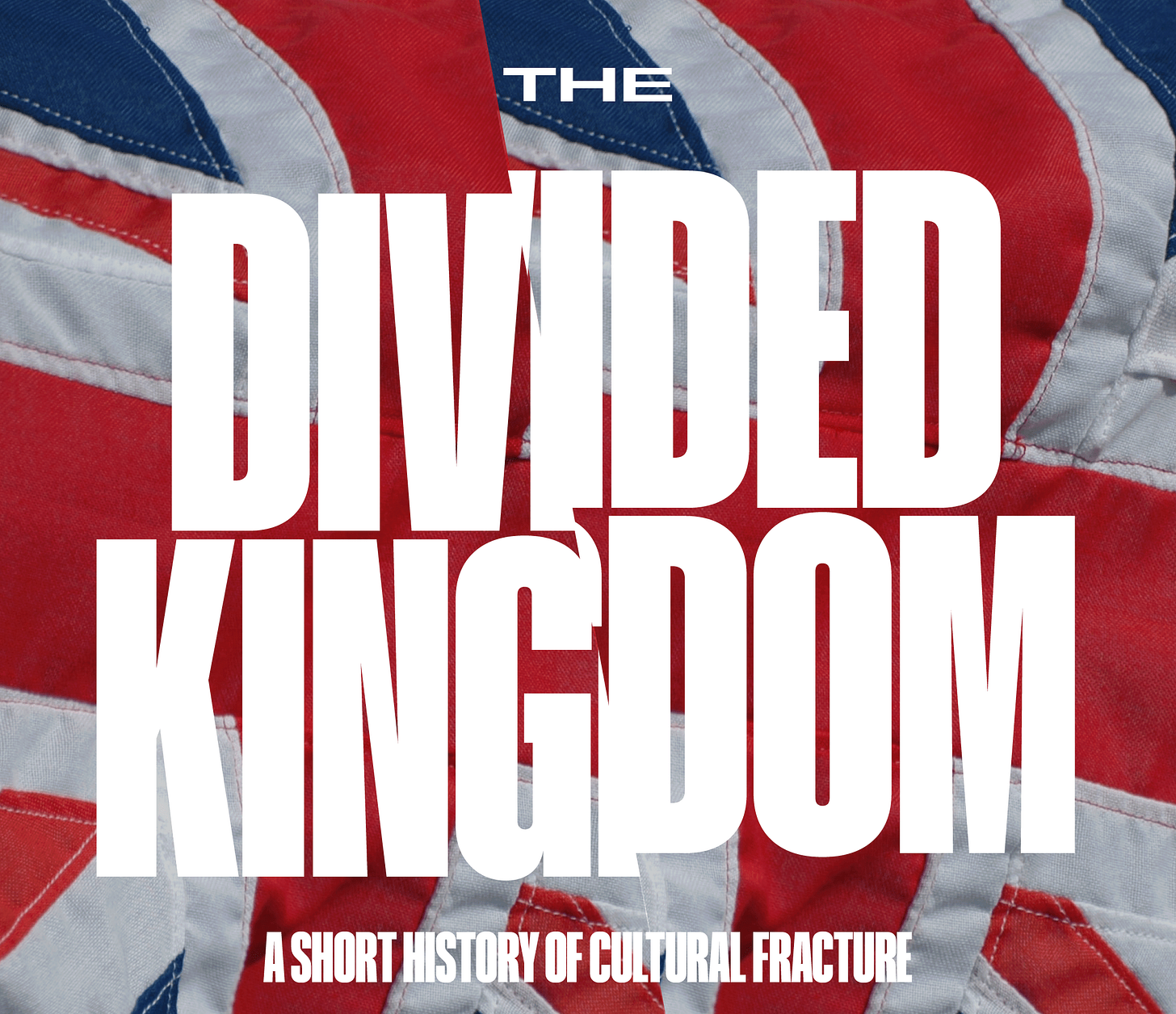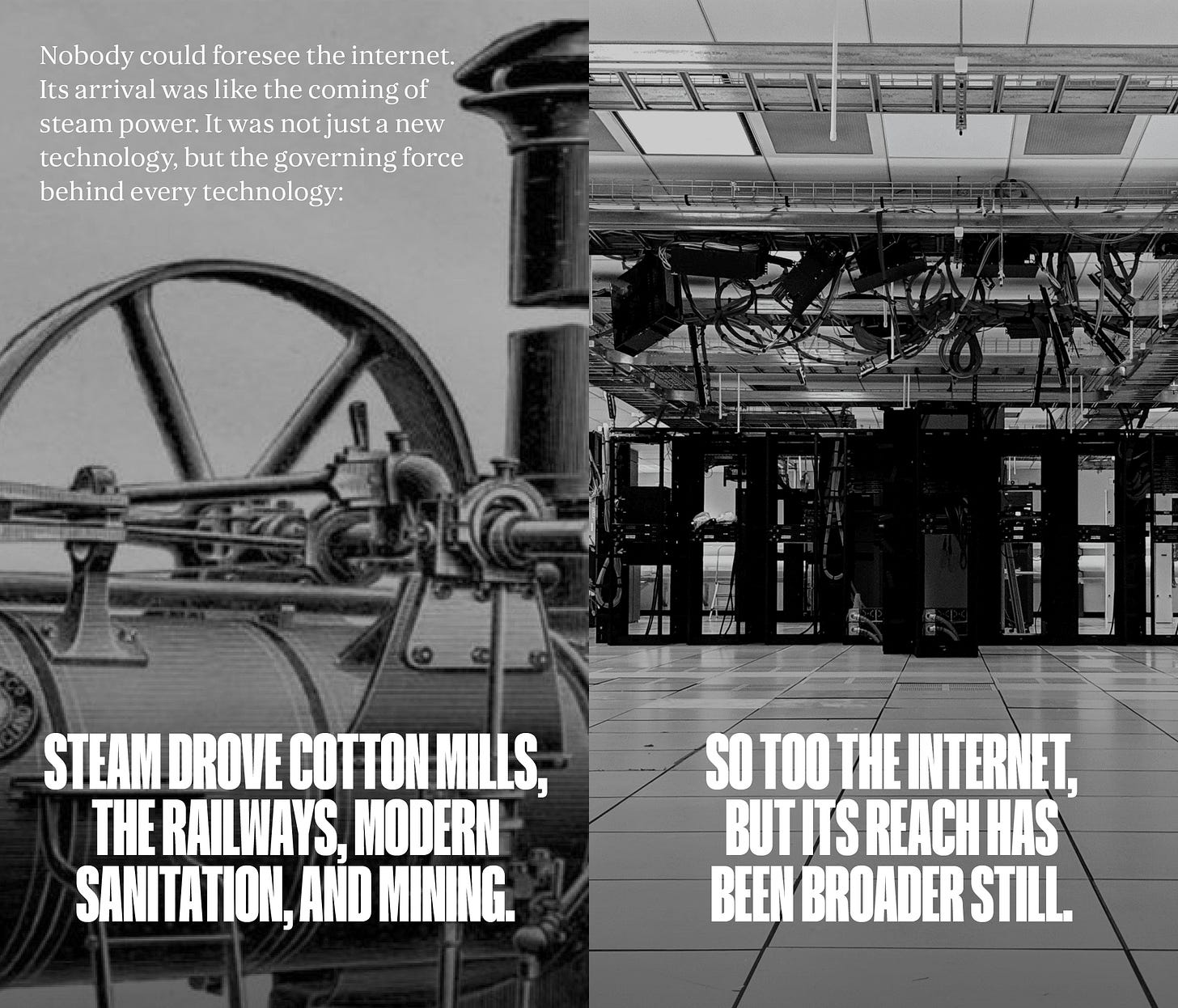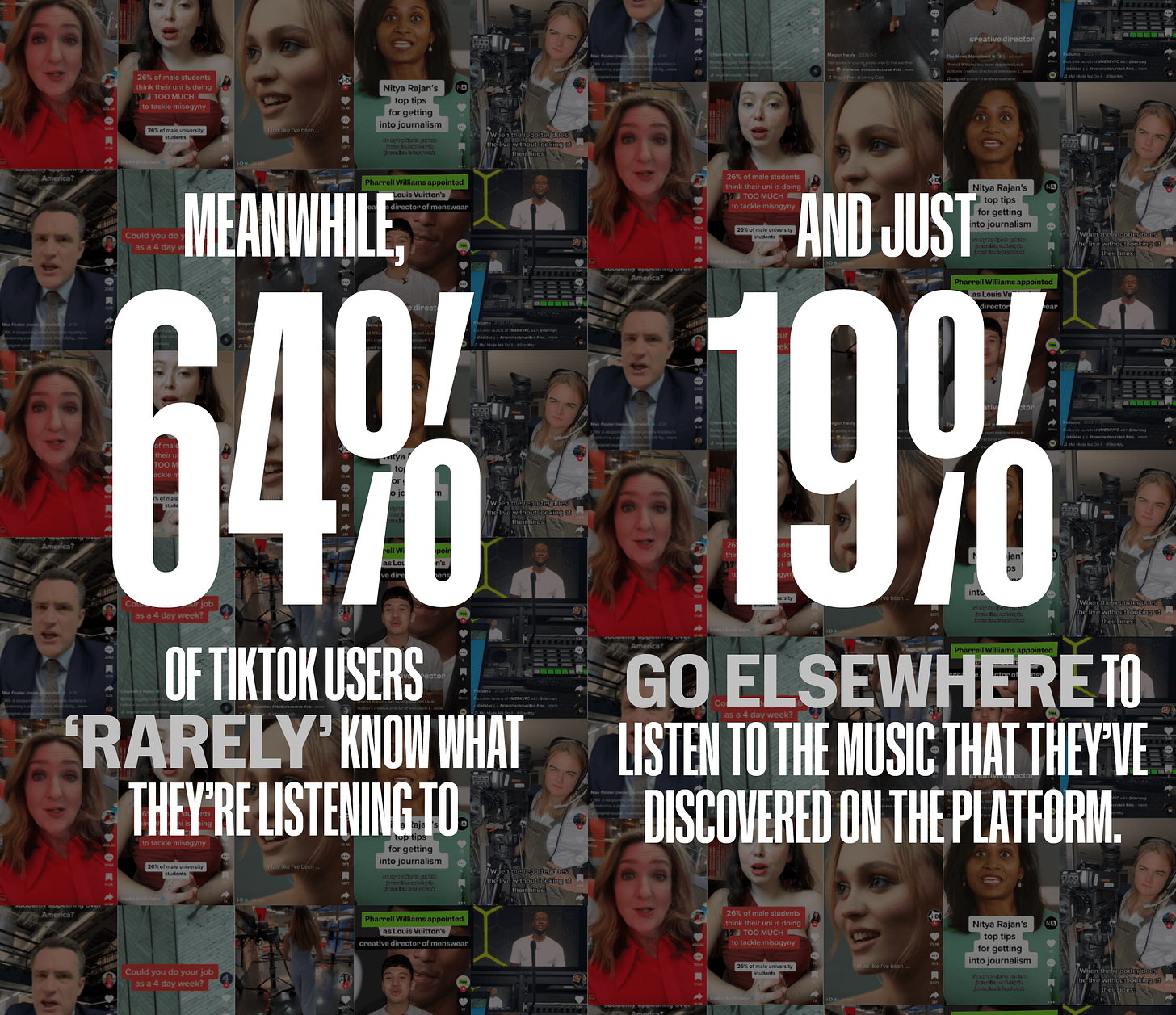The Divided Kingdom: A Short History of Cultural Fracture
The latest Borkowski white paper on #cancelculture and exploring the fractured identity of the UK
The link to the full report can be found here:
https://papers.borkowski.co.uk/TheDividedKingdom.pdf
TLDR? Below we have provided a summary of the key points and findings from the report.
Section 1: The Changing Demographic and Cultural Landscape
Key Insight: the intersection of demographic changes and cultural shifts has profound implications, leading to societal transformations that challenge traditional norms and values.
This section provides a comprehensive overview of the cultural repercussions of significant demographic changes, such as:
the reduction in the mortality rate
the subsequent increase in life expectancy
the decline of marriage as a societal norm
the rise of non-marital births
It introduces the two major revolutions that have shaped the UK's history: the cultural revolution of the 1960s and the ongoing technological revolution
Section 2: The Impact of the Culture Wars
Key Insight: a century of demographic change has sparked generational divisions and a cultural struggle between the WOKE movement and its detractors, presenting businesses with the challenge of responding and potentially reshaping the ongoing conflict for commercial gain.
Section 2 sheds light on the cultural and generational divisions resulting from a century of demographic change. The emergence of distinct generational identities, such as Boomers, Gen X, Millennials, and Gen Z, has led to friction and conflict between different age groups.
These divisions are fueled by contrasting technological literacy, economic disparities, and a set of socio-cultural beliefs encompassed by the term "WOKE." Businesses and corporations face the challenge of navigating this cultural battleground, where successful engagement can yield immense financial benefits, while missteps can result in catastrophic consequences.
Section 3: The New Definition of Mass Media
Key Insight: traditional media channels still hold sway, but the rise of AI-generated media presents opportunities and challenges for the industry, leading to a resurgence of long-form journalism and tactile media as counter-reactions to automation.
Mass media's future and the ongoing communications revolution spark speculation in a divided society. Private Eye and MailOnline thrive amidst declining print circulation.
Snapchat and Facebook cater to different generations' news consumption, while TV formats remain vital for discovering new music despite TikTok's rise.
The press's relationship with the government, exposed by the Leveson Enquiry, reveals political influence and criminal behaviour challenges.
AI-generated media raises concerns about biases and the need to preserve investigative journalism. Reactions to AI-driven media include the resurgence of long-form journalism and a revival of tactile media, embracing humanity in an automated world.






